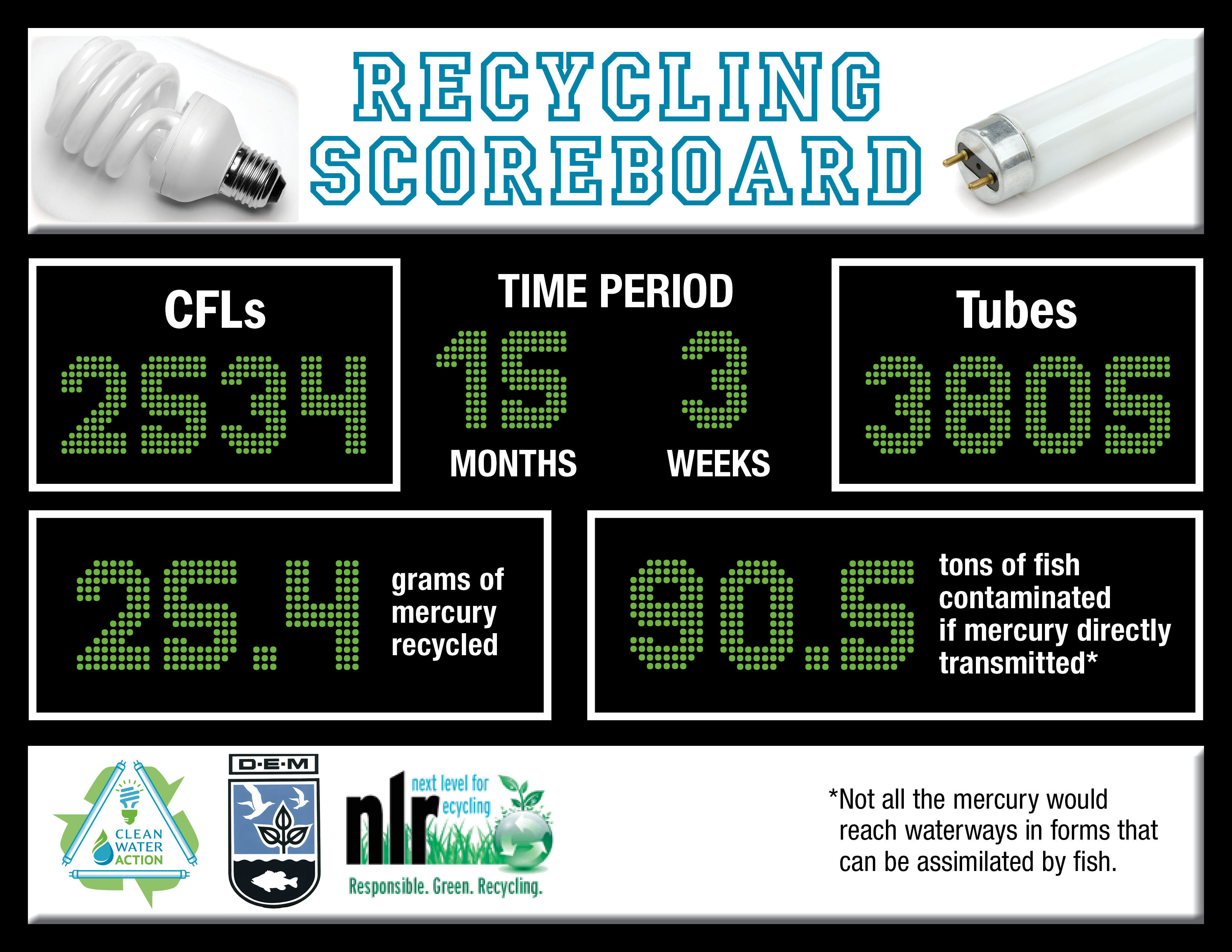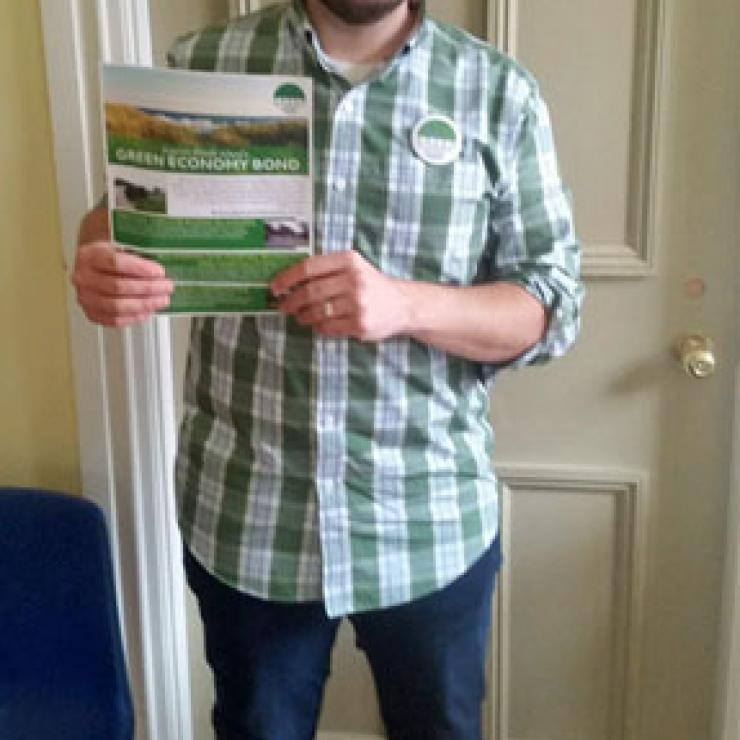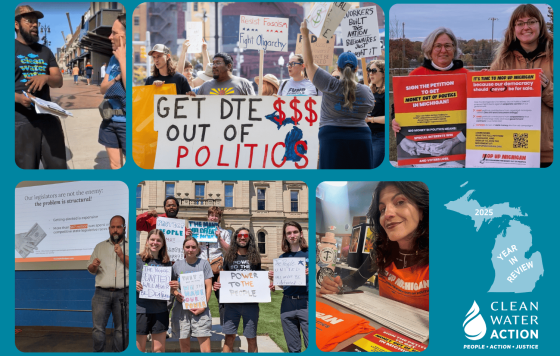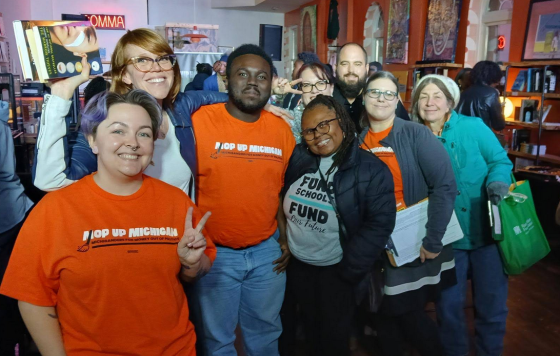

We were able to score a significant victory in the 2016 session by showing how an important piece of environmental legislation would have positive impacts on the economy.
The Green Economy Bond would raise $35 million to protect open spaces and state park land, build more bike paths and generally enhance the quality of recreational areas. By emphasizing benefits to the tourism, recreation and hospitality industries, we were able to build overwhelming support for the initiative, which was fully funded as part of the state budget.
The voters will still have to approve the bond issue on the November ballot, but we will continue to promote it as part of our election work.
We were not as successful in forging that economic/environmental link on another of our legislative priorities. Last year we won House approval for a bill to require the manufacturers of compact fluorescent (CFL) lighting, which contains mercury, to pay for a statewide residential recycling program. But the Senate did not take up the measure.
This year, we got senators on board by stressing that small businesses who collected and shipped bulbs for recycling as part of a pilot program created by Clean Water Fund were enthusiastic about being involved in keeping mercury out of the environment. Presenting the CFL bill as a cooperative effort by business and environmental advocates helped the measure win unanimous passage from the full Senate.
When the House Environment Committee sent the bill to the floor with a recommendation for passage in the final week of the session, we thought victory was at hand. Unfortunately, we underestimated the ability of the manufacturers to exert their influence at the eleventh hour. The measure was pulled from the House floor calendar hours before a scheduled vote.
Industry lobbyists and legislators rewrote the bill to absolve manufacturers of any responsibility for disposing of the toxic waste that results from their products, leaving overburdened and understaffed state agencies to deal with the problem.
Other items on our legislative agenda made some incremental progress:
- Carbon pricing – Legislation to place a fee on carbon emissions from fossil fuels was introduced and became the first such proposal to get a hearing in the House Environment Committee. The bill would use the revenue to promote energy efficiency programs and provide rebates on energy bills for most Rhode Island residents. A companion measure requiring the Executive Climate Change Coordinating Council to study the issue was heard in the Senate Environment Committee.
- Flame retardants – Bills that would have required manufacturers to phase out an entire class of toxic chemicals from upholstered furniture and children’s products were held for study after hearings in House and Senate committees. Strong advocacy from firefighters built a base of support that we will leverage to push for final passage in next year’s session.
- Fragrance Disclosure – Bills requiring cosmetics manufacturers to disclose the chemicals used in fragrance on labels and websites received hearings but were held for study because of potential conflicts with federal regulations granting a waiver to protect “trade secrets.” We will be exploring alternative language to avoid the conflict and expect to reintroduce the legislation next year.
- Extended Producer Responsibility for Paper and Packaging—A bill that would relieve the burden of collecting and disposing of paper and packaging material via curbside pickup programs from municipalities and taxpayers by requiring producers to pay for collection programs instead had hearings in both houses. Due to the breadth of the proposed program and the work to be done collecting input from stakeholders, the bill was held for further study.
A healthy economy and environment go hand-in-hand, so we are excited to work to ensure these bills gain traction and become law in the Ocean State. For more information on how you can get involved in these legislative issues, please email me at dgerraughty@cleanwater.org.


